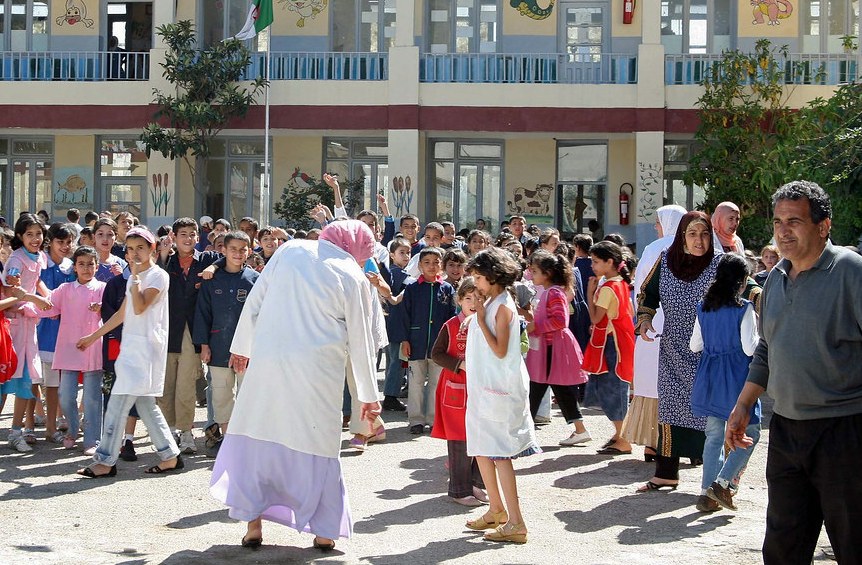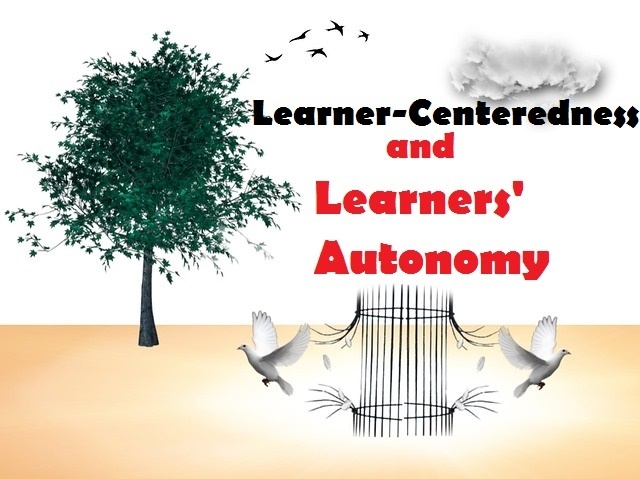At the very outset, it is worth mentioning that this article is, by no means, an empirical study or a part of it. It is merely a personal reflection of what I believe is being taken place in Morocco with respect to education. Before plunging into discussing the issue, I should hold the claim that along the article, I will draw on some examples but they are never generalized.
It’s almost one year from now when the Moroccan government launched the contractual policy in education. The unexpected upsurge of the latter is justified by the fact that teachers no longer work hard and act irresponsibly towards their duty. In order to promote quality education, teachers must work in contracts. This radical maddening shift towards the relative privatization of education is poorly justified and, is seemingly; motivated by blurred political convictions.
This, subsequently, created ambi-tendencies among different stakeholders and laypeople. Some truly believe that this policy will firmly squeeze teachers and force them to try their best to exhibit and maintain quality performance. Others, on the other hand, disclaim these statements and hold the belief that the contractual policy the government forcefully imposes has, in so many respects, damaging effects. Among them are: threatening teachers’ future social and psychological stability, diminishing their dignity as active members in the institutional change, living in a paranoiac state, minimizing their belonging to any corporation to protect their legitimate rights… ects
The very recent issue of teacher-accountability through contracts is very questionable. In all over the world, teacher-accountability is determined by teachers’ actual performance and learners’ academic achievements. Yet, it happens under a very necessary condition which is teacher education and long-term training.
The aforementioned policy fundamentally requires “teacher contractees” to directly start their jobs with a minimum amount of training that takes place at the expense of their rest. Yet, they are expected to gain a practical understanding of the technicalities of their domain which will, unfortunately, happen at the expense of students’ learning.
To remedy the intricate situation, the policymakers, out of their intellectual stubborn-mindedness, arrived with “an effective” solution, namely: “remote training” which literally means “you are on your own” and which brings “absurdity, anarchy, criss-cross and chaos” into question. This basically requires “the teacher contractee” to spend a massive amount of time reading and learning about their domain. Apparently, a radical change has occurred. While previously the classroom was a place where the principled and pedagogically scaffolded learning takes place, it now has, with no shadow of doubt, become an arena where new practices are acquired, modified, and optimized to the detriment of learning. However, and under the suggested useless alternative, so many would desperately find themselves in the ocean of perplexity. So an important question here: how to bridge theory and practice?
The vitality of the educational realm makes it almost one of the most uphill domains. No one would deny that teachers encounter a spectrum of challenges.
Research has continuously shown that even in-service and expert teachers face so many inhibiting problems that sometimes may relate to learners’ behaviors or the pedagogical implementation of a new concept. Therefore, professional development is highly recommended every now and then. In Morocco, however, a misconception is clearly revealed among policy-makers. Long-term and solid training is being intentionally ignored.
Almost every “Teacher contractee” happily starts their lessons without any practical knowledge. But along the way, everyone seems to be feloniously defeated by the circumstances they didn’t overly prepare for. A lack of basic training, inexperienced and poor on-stage performance, light theoretical luggage underpinning the subject, classroom management, and learners’ assessment and evaluation are among the most indispensable issues that most novice “teacher contractees” proclaim.
The vast implication here is that one cannot encourage the continuation of the situation but critically look at it from a realistic perspective. Thanks to the prominence of education and for the sake of ensuring the ingredients of quality. There is an insistent need to reconsider a more democratic intervention to revive public education.
Now more than ever, there is a plethora of evidence to uphold the statement that “teacher education and training exerts a considerable influence on students’ learning and education”. Taking a bird’s eye on what is now taking place all over the world. One can’t certainly deny that.
When we twig at Singapore, Finland, Norway, Denmark and Switzerland, all these governments have deliberately succeeded to uplift their education. They fully recognized that teachers are the nucleus of change. It is quite very conspicuous that for any change, which pertains to education, to happen, efforts must sufficiently target teachers’ conceptions, practices and challenges. Remarkably huge budgets should be fully dedicated to upgrading educational practices. Challenges must be carefully examined, studied and dealt with. Teachers should be continuously encouraged and propped through the provision of continuous feedback and professional development initiatives.
By and large, to promote quality education in Morocco, there should be a change of a personal nature. This requires a change in the way everyone thinks about and perceives the problem. Morocco is no exception, when it comes to success and positive change. Yet, there should be a collaborative work that would engage all parties and clearly specify their responsibilities. Without a methodically disciplined intervention, the future of public education in Morocco is fully menaced.
This article is also published on Moroccopens







